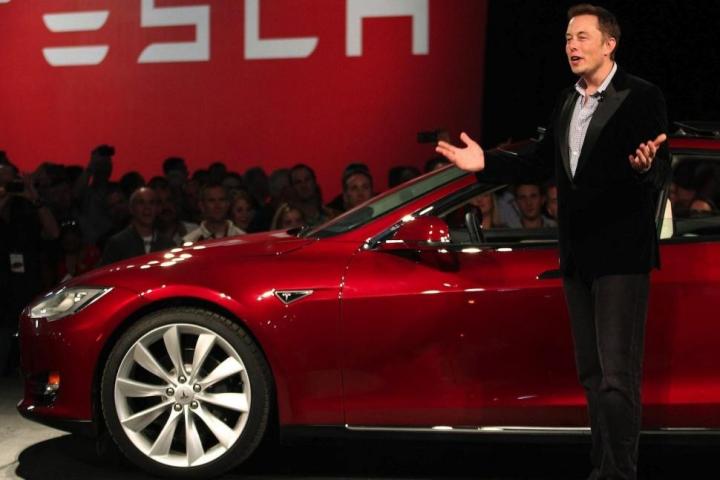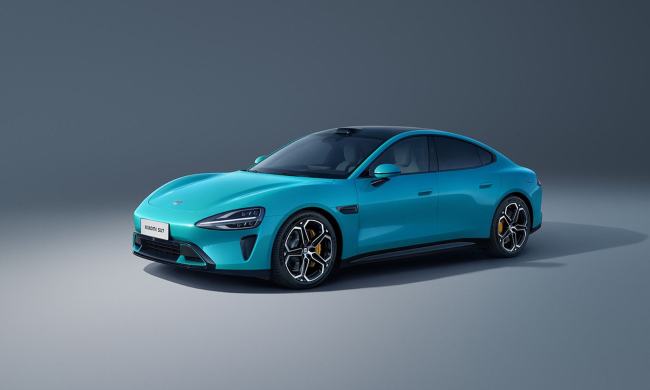
Tesla CEO Elon Musk, speaking with Japanese news source Nikkei, recently said that his company will produce partially self-driving vehicles in three years, with more advancements to follow soon after.
“Full autopilot capability is going to happen, probably, in the five or six-year time frame,” he said.
However, because Tesla is a small company (relative to its competition) the American firm will likely need to borrow from other automakers to get the job done.
“The overall system and software will be programmed by Tesla,” he continued, “but we will certainly use sensors and subcomponents from many companies.”
Toyota will likely be one source of technology for Tesla, given the established relationship between both businesses and Lexus’ recent experimentation with autonomous vehicles.
Related: Google’s self-driving car is far from ready, can’t drive through rain, snow, or parking lots
Tesla’s first foray into the autonomy market will be a new electric vehicle that’s due to begin production in around three years. Musk stated that the electric car will incorporate some self-driving features and cost around $35,000.
Could this be the BMW-fighting Model III we reported on in July? The price matches Musk’s previous estimations, and semi-autonomous features could be a great way to differentiate the Model III from its fuel-burning rivals. Tesla will unveil the Model III in 2016 and put it on sale a year later with a 200-mile range.
The 3 Series competitor will also serve as the introduction to the company’s Gigafactory battery plant in Reno, NV. Tesla has deemed it the primary production facility for the sedan’s battery cells.
Clearly, we’re still a ways away from a fully self-driving car. Until then, it’s probably best to stay in the driver’s seat.

